Animal lawyer ‘accidentally’ sacked
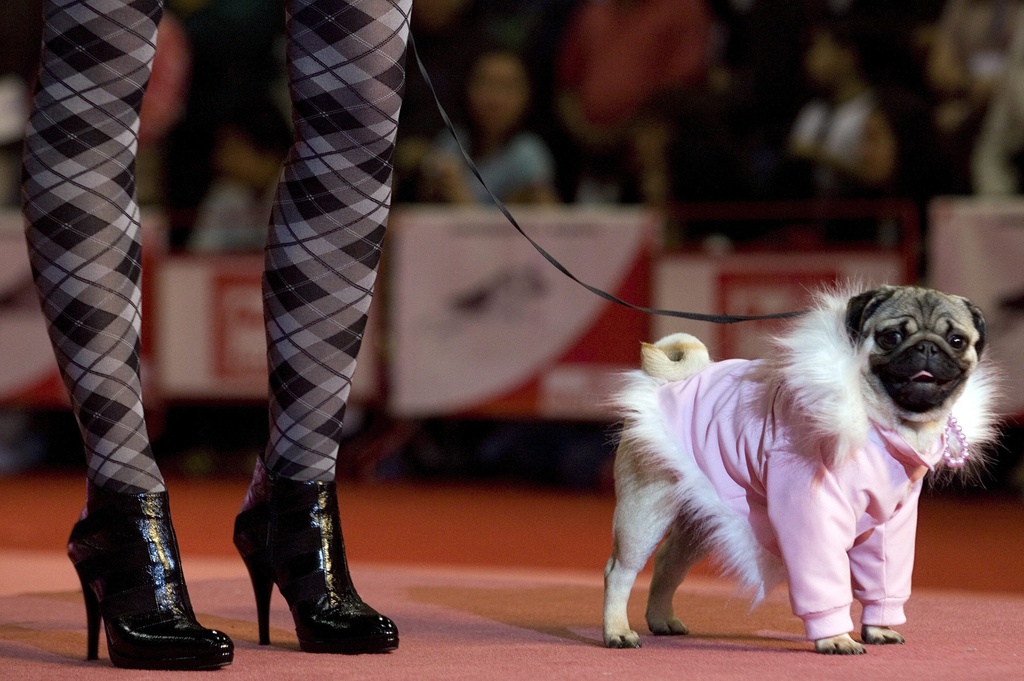
Zurich’s animal welfare attorney will be out of a job next year, following a decision by local politicians who apparently hadn’t read the small print.
The vote to bring cantonal law in line with federal legislation took place back in April, but it has just come to light that an overlooked consequence will be the redundancy of Switzerland’s only animal lawyer.
“It’s embarrassing for the whole parliament. Something like this should never be allowed to happen again,” said Claudio Zanetti from the rightwing Swiss People’s Party.
The legal misunderstanding began in March, when Swiss voters gave the thumbs down to the introduction of more animal lawyers across the country.
Because the new rules for federal legal procedures cover cantonal animal welfare legislation, Zurich’s cantonal parliament in April unanimously approved the adaptation of cantonal laws concerning civil and criminal matters.
Under federal laws, from 2011 only government authorities can deal with the criminal courts. Until now, non-government third parties, such as the animal welfare attorney, could.
This means – although no one seemed to realise it at the time – that Zurich’s animal lawyer will be out of a job. In future his work will be carried out by the cantonal veterinary office.
As Urs Rüegg, spokesman for canton Zurich’s health department, told swissinfo.ch: “Federal laws no longer permit an institution outside the government to represent animals in the legal process.”
“Astonished”
Antoine Goetschel, who has held the part-time position since 2007, said he was “slightly astonished” on learning the news because there hadn’t been any discussion on the subject in parliament.
“I thought it was a misinterpretation of the no vote,” he told swissinfo.ch.
Working for canton Zurich, the animal welfare attorney acts in court cases and in criminal proceedings on behalf of abused animals.
There are an estimated seven million pets in Switzerland (to 7.7 million people) and more than 11 million farm animals. Goetschel says most of his 150-200 cases a year involve dogs, followed by cats and then pigs – “very rarely a fish or a reptile”.
There have been around 6,000 criminal cases of abuse in the past 25 years in Switzerland, but the lawyer estimates that abuse levels are about average for Europe.
Animal legislation was tightened in September 2008 to set out rules for the handling of sheep, goats and horses as well as for owning dogs and cats.
“We can be proud of our legislation. Of course we can always do better, but in a worldwide context, we belong to the leading group,” he said.
Part-time politicians
Goetschel denied that the decision reflected a low political opinion of animals, pointing out the close cooperation with politicians when the position was created.
“For me as a citizen it’s more a question of how competent and efficient are part-time politicians [most Swiss cantonal politicians have other jobs]. We have such complex legislation in Switzerland unifying court procedures that it’s sort of overwhelming the politicians.”
As for what the decision would mean for the country’s animals, Goetschel hoped it wouldn’t be a “step back”.
“I strongly hope that [the authorities] take the criminal part very seriously … and that we have at least the same level of procedures and punishments in canton Zurich as before.”
According to Rüegg, “not a lot will change”. “The veterinary office comprises vets and lawyers who are very close to the issues because they visit animal owners and farmers and individuals who have problems with their animals,” he said.
“The animal lawyer was doing a good job, but [the authorities] can do the same job as well. It’s not a disaster.”
Reaction
The news seems to have taken everyone by surprise.
“We voted on something and we didn’t know what it meant,” admitted one politician from the Green Party.
Claudio Zanetti is demanding an explanation as to why the cantonal parliament had not been better informed.
Gieri Bolliger from a foundation that deals with animals rights said it was a “bitter blow” for the protection of animals, adding that the way the decision was taken was “completely incomprehensible”.
“It’s a scandal that the cantonal parliament has basically kicked the animal lawyer out through the back door.”
Thomas Stephens, swissinfo.ch
Antoine Goetschel is 50 years old and has dual French-Swiss nationality.
He studied at Zurich University and has a doctorate in animal welfare law and fundamental rights.
He has been instrumental in drawing up animal welfare legislation in Switzerland, including in the Swiss constitution.
Goetschel has published widely on animal welfare and ethics – his latest book gives advice on all legal aspects to do with animals – and has spoken to many international conferences on the subject, including in Tokyo, Rio de Janeiro and Berlin.

In compliance with the JTI standards
More: SWI swissinfo.ch certified by the Journalism Trust Initiative

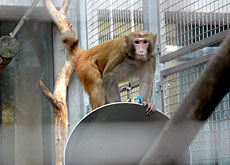
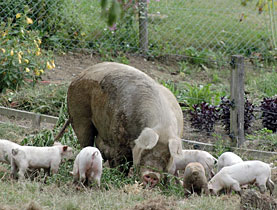
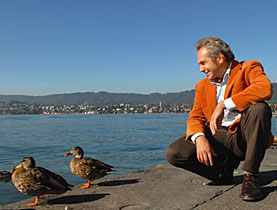
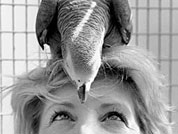
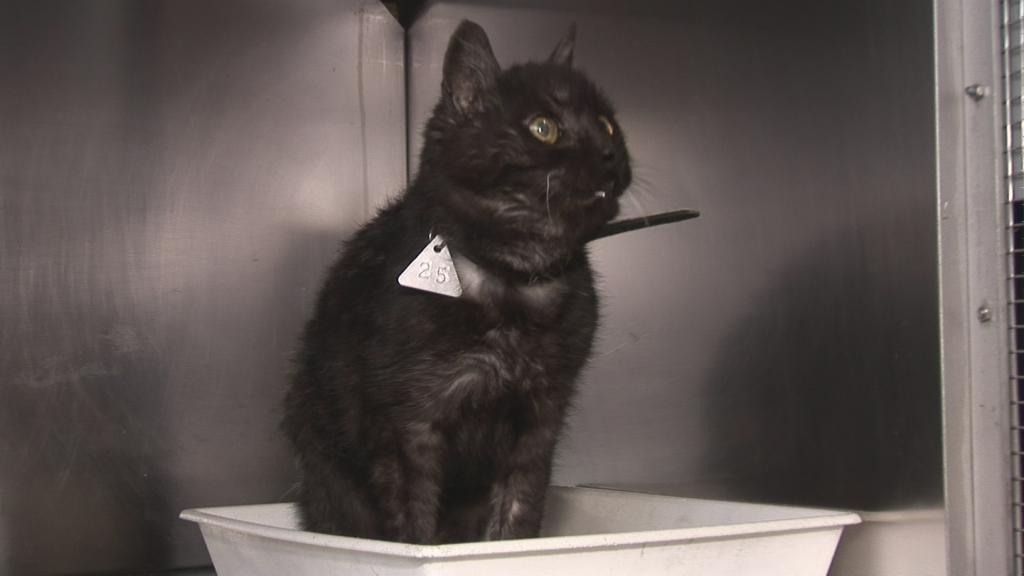
You can find an overview of ongoing debates with our journalists here. Please join us!
If you want to start a conversation about a topic raised in this article or want to report factual errors, email us at english@swissinfo.ch.